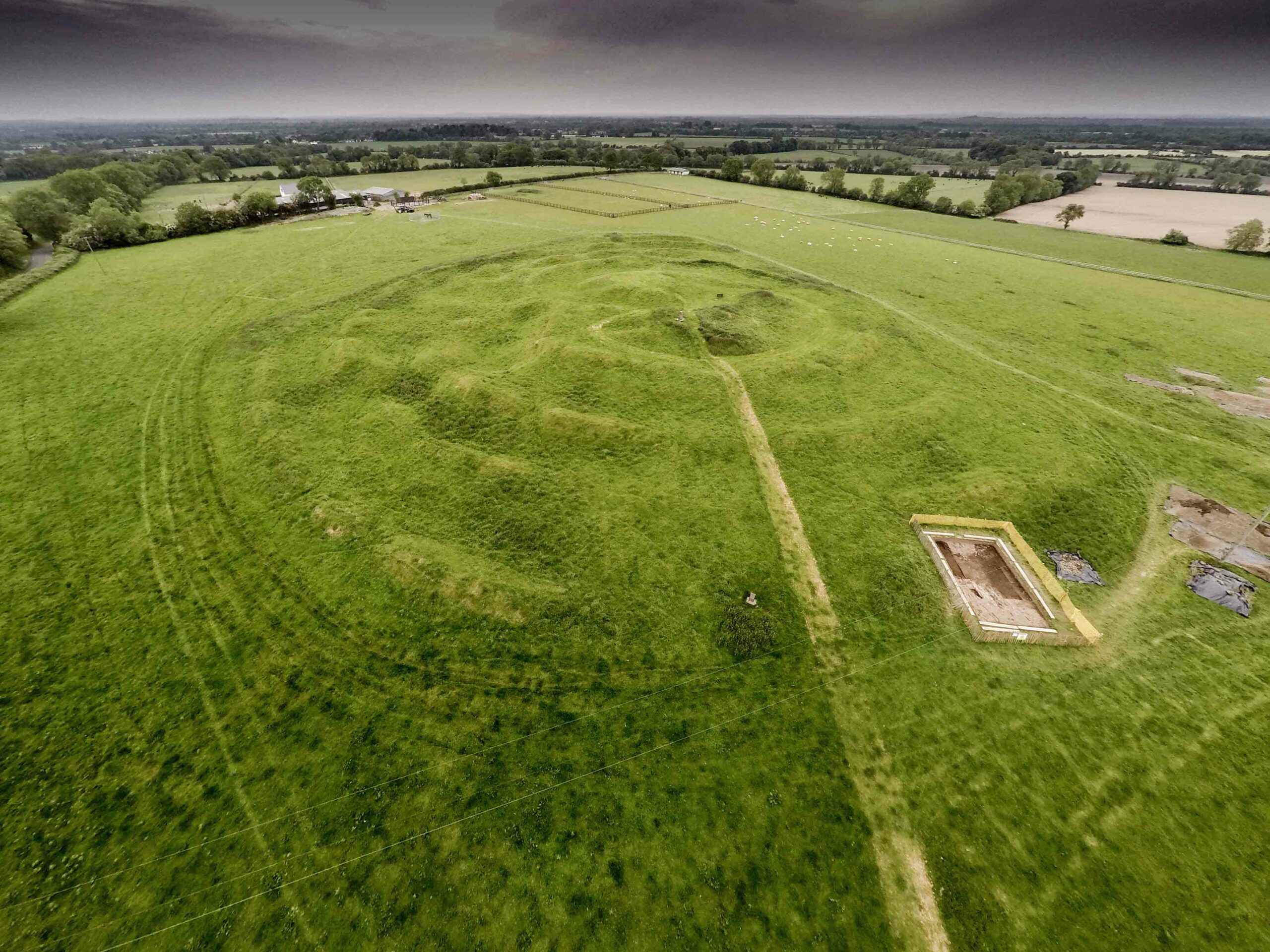BERKELEY, CALIFORNIA—The New York Times reports that an international team of scientists led by Rasmus Nielsen of the University of California, Berkeley, compared the genomes of nearly 200 Inuit living in Greenland with the genomes of living populations around the world, Neanderthals, and the one known Denisovan genome. The team members focused on a region of the Inuit genome that may affect the levels of brown fat in the body, which generates heat, and found that nearly all the Inuit in the study carried the same genetic variants in this region. The same region in Neanderthals and modern populations showed a partial match to the Inuit genome, but the Denisovan genome “was almost a complete match,” according to Nielsen. He suggests that interbreeding with archaic human species may have helped migrating modern humans adapt to new environments some 40,000 to 50,000 years ago. “We do see these variants in other populations, like in South America and East Asia, but nowhere do we see the same frequency that we see in Greenland,” Nielsen said. To read in-depth about an excavation near a Yup'ik village in Alaska, go to “Cultural Revival.”
Interbreeding May Have Helped Modern Humans Adapt to Cold
News December 23, 2016
Recommended Articles
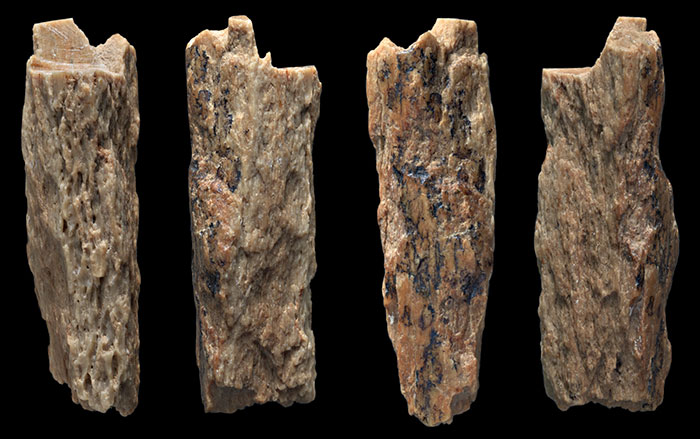
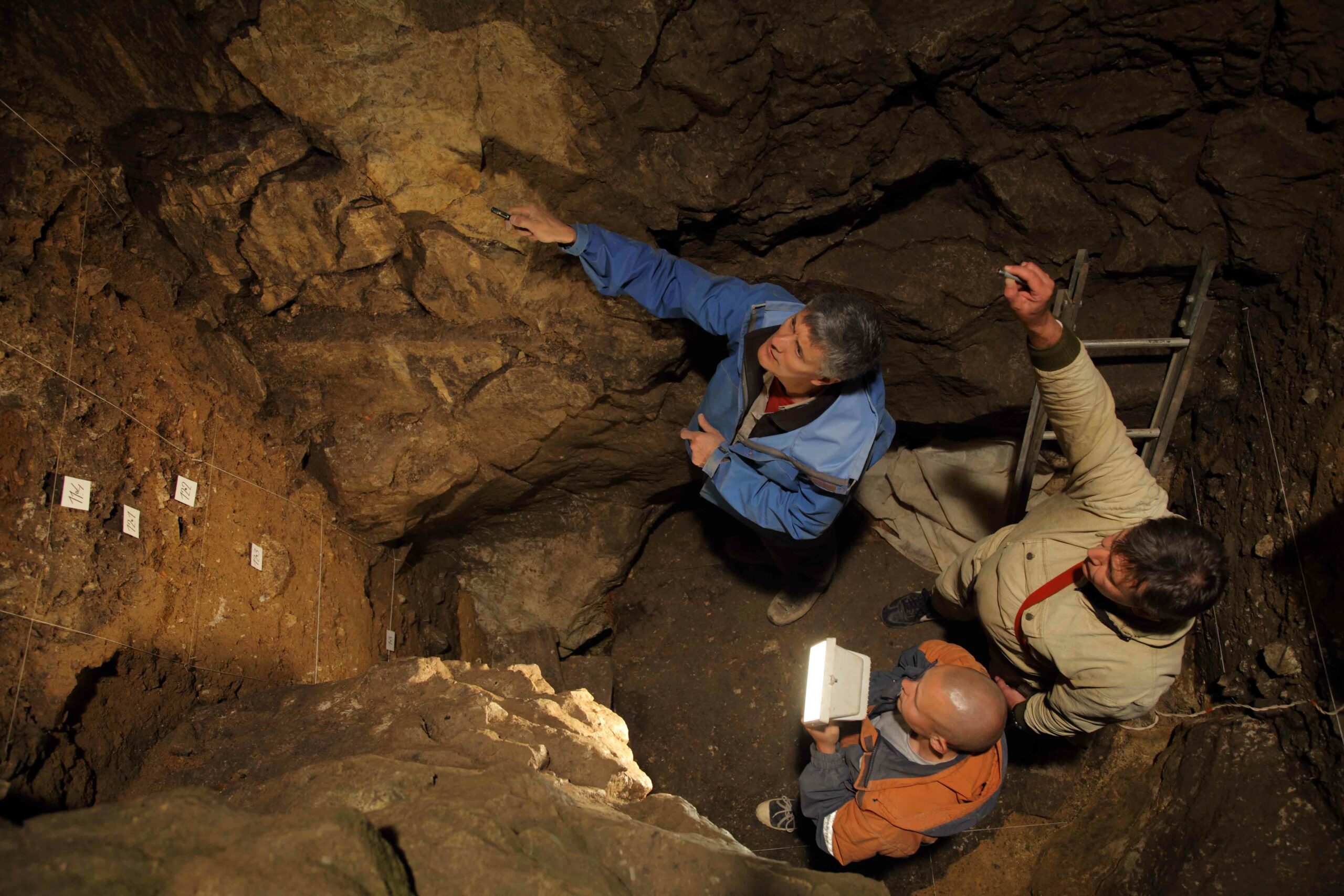
Digs & Discoveries September/October 2021
Neanderthal Hearing
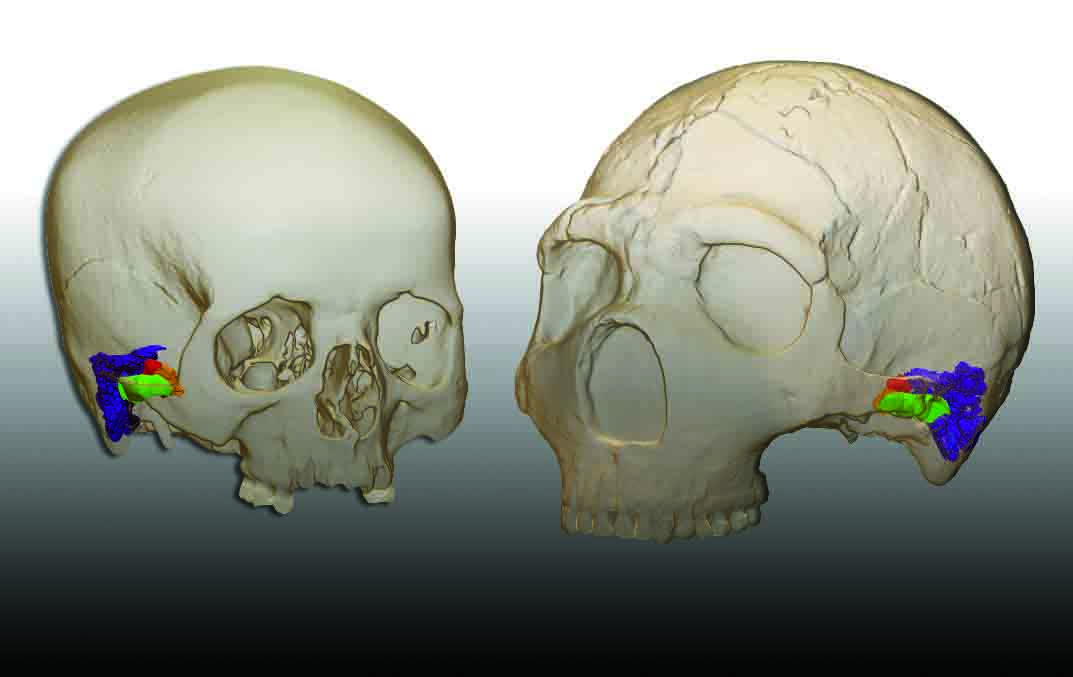
Top 10 Discoveries of the Decade January/February 2021
Neanderthal Genome
Vindija Cave, Croatia, 2010
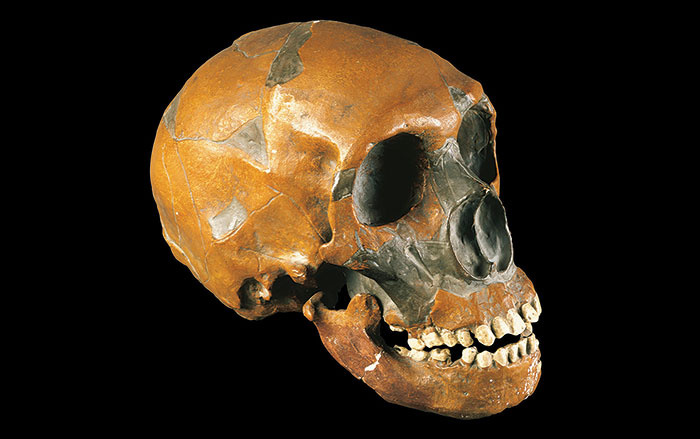
-
Features November/December 2016
Expanding the Story
New discoveries are overturning long-held assumptions and revealing previously ignored complexities at the desert castle of Khirbet al-Mafjar
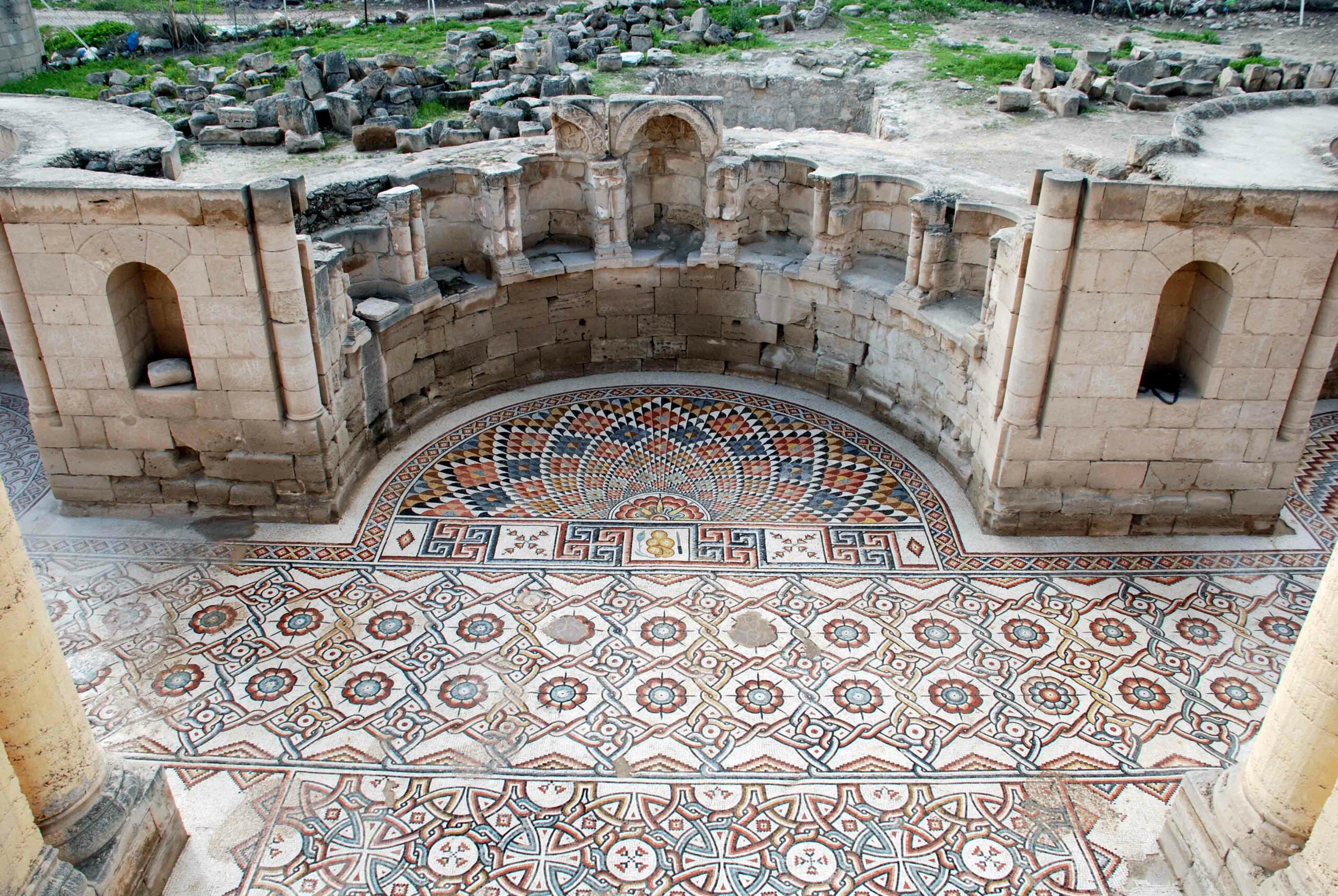 (Sara Toth Stub/Courtesy The Rockefeller Archaeological Museum)
(Sara Toth Stub/Courtesy The Rockefeller Archaeological Museum) -
Letter from Maryland November/December 2016
Belvoir's Legacy
The highly personal ARCHAEOLOGY of enslavement on a tobacco plantation
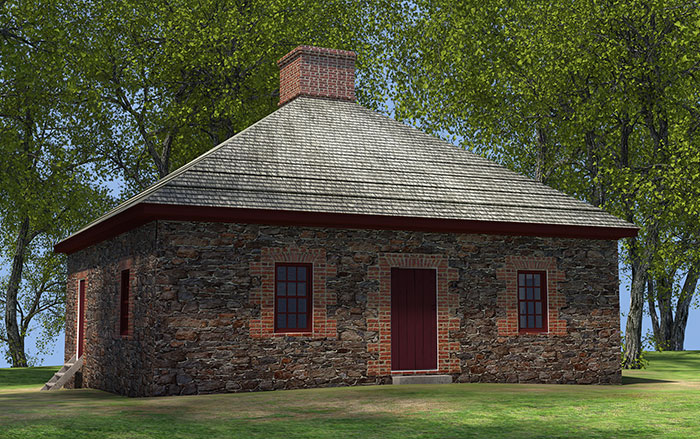 (Courtesy Maryland Department of Transportation, State Highway Administration)
(Courtesy Maryland Department of Transportation, State Highway Administration) -
Artifacts November/December 2016
18th-Century Men's Buckle Shoe
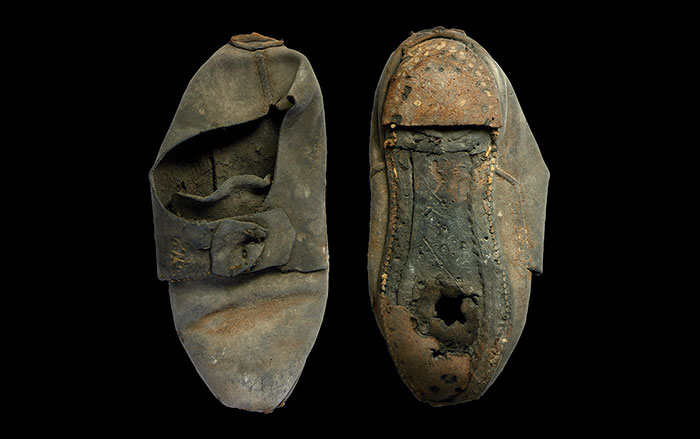 (Courtesy Dave Webb: Cambridge Archaeological Unit)
(Courtesy Dave Webb: Cambridge Archaeological Unit) -
Digs & Discoveries November/December 2016
Piltdown’s Lone Forger
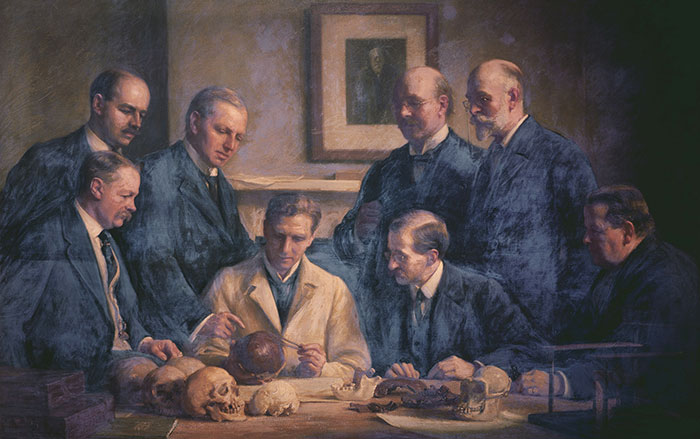 (Arthur Claude (1867–1951) / Geological Society, London, UK / Bridgeman Images)
(Arthur Claude (1867–1951) / Geological Society, London, UK / Bridgeman Images)


